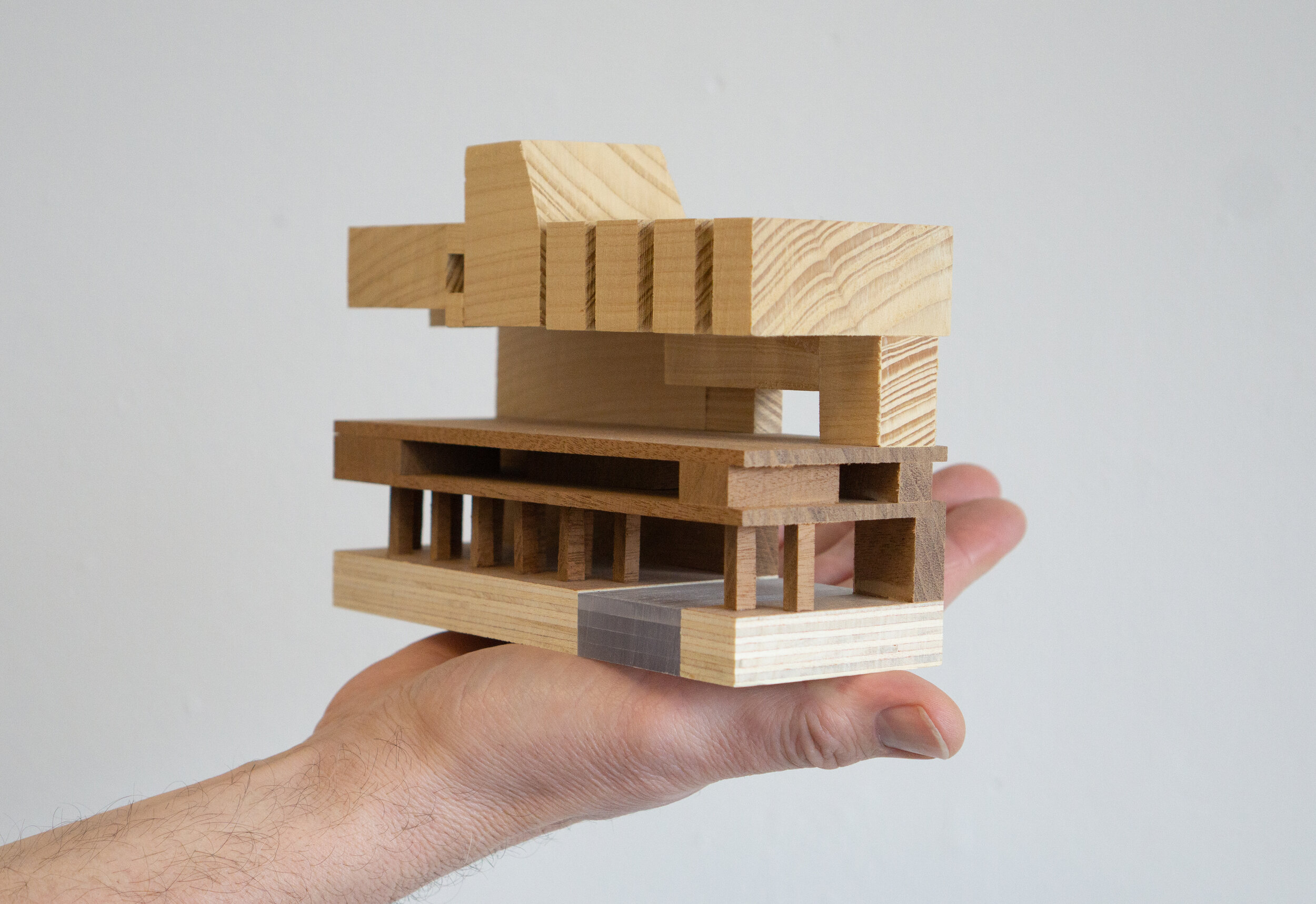
M Arch — Transforming Society
MArch explores architecture that responds to the complex and changing context of architecture and urbanism and the transformations taking place in society. The course team of academics, practitioners, and researchers are committed to understanding and documenting our existing built heritage while proposing imaginative and alternative futures in both the urban and rural context that are socially and ecologically responsible.
Urban investigations and an awareness of the shifting conditions of the contemporary city with its differing social structures, geography, culture, climate, economics, energy consumption, technologies and urban patterns, will form the basis of the M Arch research within each SuperStudio.
Experimentation, critical reflection, debate and a diversity of approaches are encouraged through different practices and methods in order to locate and establish informed positions and skills. An important part of this is to address the wider issues facing the profession and in providing a forum to investigate, challenge preconceptions, explore and fully engage the role of the architect in society.
The aims of the Master of Architecture degree:
Provide a postgraduate level education in Architecture underpinning technical and contextual knowledge.
Promote excellence and integration in teaching and learning and research in the context of the innovative teaching environment of the SuperStudio.
Produce an integrative, sustainable, and responsive approach to architecture based on an understanding of society and its cultural, natural, and physical environments.
Respond creatively and responsibly to the demands of a complex and changing profession through multi-disciplinary learning and research practices.
Enrich the knowledge base by academic and practice based research, giving an understanding of the theory and purpose of best practice and the self-confidence to participate in it.
Develop critical awareness of and communicate effectively with other disciplines related to Architecture.
Apply a sound knowledge of ecology, energy, and material, and structural interaction within a sustainable approach.
Develop a range of life long learning skills appropriate to the continued learning practices of professional life.
Provide a creative environment that enables opportunities for staff and students to dynamically engage in new intellectual challenges.
The course curriculum is guided by the shared Criteria for Validation set down by the Royal Institute of British Architects (RIBA) and the Prescription of Qualifications established by the Architects Registration Board (ARB). The Architecture Programme at the University of Ulster is based on a modular structure across two semesters. The two years full time program leading to M Arch builds on the BA Hons Architecture and is combined in collaborative learning in the context of the Vertical SuperStudio teaching. The course unlocks new opportunities in developing a multi-disciplinary approach within the architecture framework. The location of the course, in Belfast Campus, provides an excellent opportunity to engage with the vibrant art culture in the Campus and City, particularly within the Cathedral Quarter and in the context of the Greater Belfast Development . While the architecture programme intends to create a clear identity, the location in Belfast with its increasing accessibility to Europe, UK mainland and Ireland, enables interaction with both professionals and the built heritage in many regions. It is intended for individuals who have completed an undergraduate degree -Royal Institute of British Architects (RIBA) Part I, in architecture.
The MArch Program establishes a common intellectual ground among graduate architecture students and students from other disciplines who intend to seek post professional qualifications. The program provides knowledge of architectural design, architecture and art theories, and professional contexts that challenge students to rethink design within the context of climate change, socio economic speculation, political negotiation and working with communities and stakeholders. Included are courses in design, history and theory in relation to the dissertation, professional practice, zero carbon and sustainability that provide students with a broad understanding of the forces that shape urban environment at both local and global scales. Particular emphasis is placed upon developing architecture design through studio work and a design ‘thesis’ in the second year of study. Architecture at Ulster has the advantage of offering a high degree of specialisation as a result of being within a large multi-disciplinary faculty and school, with strong research programmes and links across professions.






